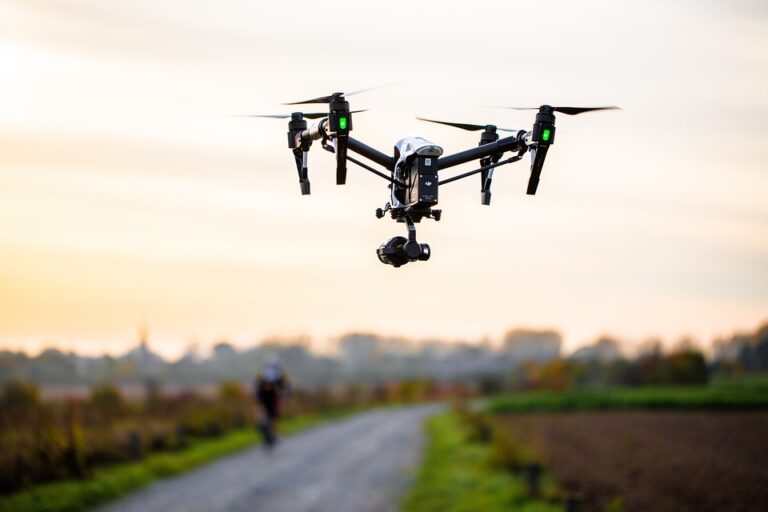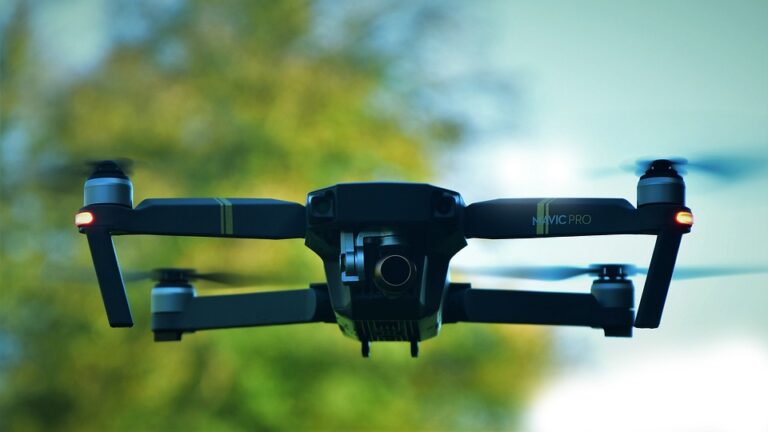Revolutionizing Agriculture: How Drones are Transforming the Farming Industry
In recent years, there has been a significant shift in the way the agriculture industry operates, thanks to the introduction of unmanned aerial vehicles, more commonly known as drones. These small, remotely controlled aircraft have revolutionized the farming industry, transforming the way farmers approach various tasks and bringing about a wave of positive changes. From crop monitoring to precision spraying, drones have become an indispensable tool for modern farmers, enabling them to maximize productivity, reduce costs, and minimize environmental impact.
One of the key benefits of using drones in agriculture is the ability to monitor crops more efficiently and effectively. Traditionally, farmers would have to walk through their fields, inspecting plants individually for signs of disease, pests, or other issues. This process was not only time-consuming but also prone to human error. Drones, on the other hand, can quickly and accurately survey large areas of farmland, capturing high-resolution images that can be analyzed in real-time. With advanced imaging technology such as multispectral cameras, drones can detect subtle changes in plant health, allowing farmers to take prompt action to prevent the spread of diseases or pests.
In addition to crop monitoring, drones are also transforming the way farmers approach irrigation management. By equipping drones with thermal imaging cameras, farmers can identify areas of the field that are either over or under-irrigated. This information enables them to optimize water usage, ensuring that crops receive the right amount of water, leading to healthier plants and increased yields. This precision irrigation not only saves water but also reduces the use of fertilizers and pesticides, ultimately minimizing the environmental impact of farming operations.
Another area where drones are making a significant impact is in the field of crop spraying. Traditionally, farmers would use tractors or other ground-based machinery to spray crops with fertilizers, pesticides, or herbicides. This method was not only time-consuming but also inefficient, as a significant portion of the sprayed chemicals would often miss the intended target. Drones equipped with precision spraying systems, on the other hand, can precisely apply the required amount of chemicals to specific areas of the field, minimizing waste and reducing the exposure of farmers to potentially harmful substances. This targeted approach not only saves farmers time and money but also contributes to a more sustainable and environmentally friendly farming industry.
Furthermore, drones are also playing a crucial role in the field of livestock management. With the help of thermal imaging cameras, drones can quickly and accurately detect the body temperature of animals, enabling farmers to identify signs of illness or stress. This early detection allows farmers to provide timely medical treatment, preventing the spread of diseases and reducing the risk of economic losses. Drones can also be used to monitor the movement and behavior of livestock, ensuring that they are grazing in the right areas and are not exposed to potential dangers.
Apart from their direct applications in farming operations, drones are also helping farmers gather valuable data that can be used for decision-making and planning. By capturing aerial images and using remote sensing technology, drones can generate detailed maps of farmland, identifying variations in soil composition, drainage patterns, or other factors that may affect crop growth. This data can be used to create customized planting and harvesting plans, optimizing the use of resources and increasing overall efficiency.
While the benefits of using drones in agriculture are undeniable, there are also challenges that need to be addressed. The initial cost of purchasing drones and the required equipment can be a significant barrier for many farmers, especially small-scale ones. Additionally, regulations and privacy concerns surrounding the use of drones need to be carefully considered and managed to ensure that farmers can fully harness the potential of this technology without infringing on the rights of others.
In conclusion, drones have revolutionized the farming industry, bringing about a wave of positive changes that have transformed the way farmers approach various tasks. From crop monitoring and precision spraying to livestock management and data gathering, drones have become an indispensable tool for modern farmers. By maximizing productivity, reducing costs, and minimizing environmental impact, drones are revolutionizing agriculture, paving the way for a more sustainable and efficient future. As technology continues to advance, it is exciting to think about the future possibilities and innovations that drones will bring to the farming industry.




